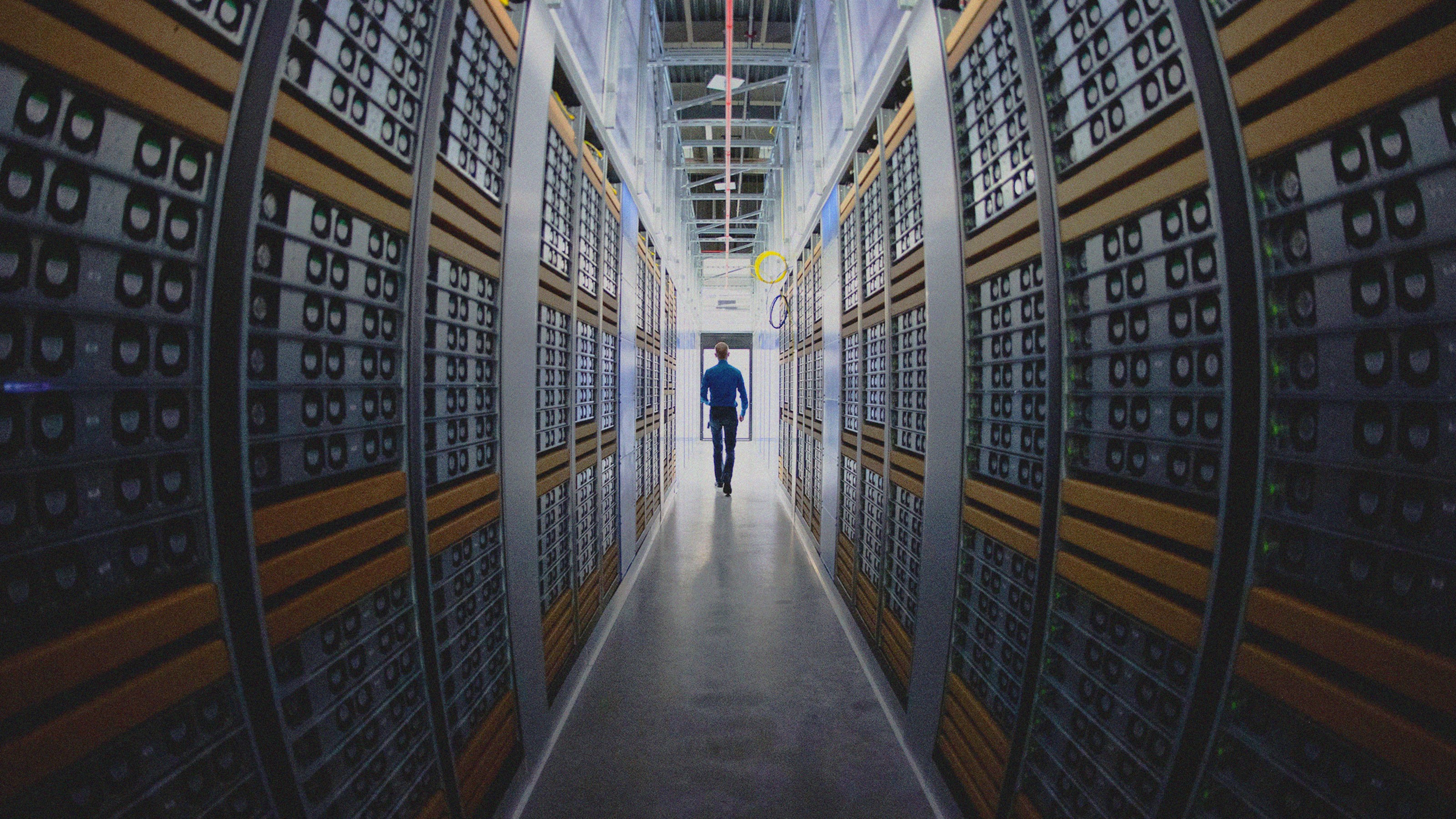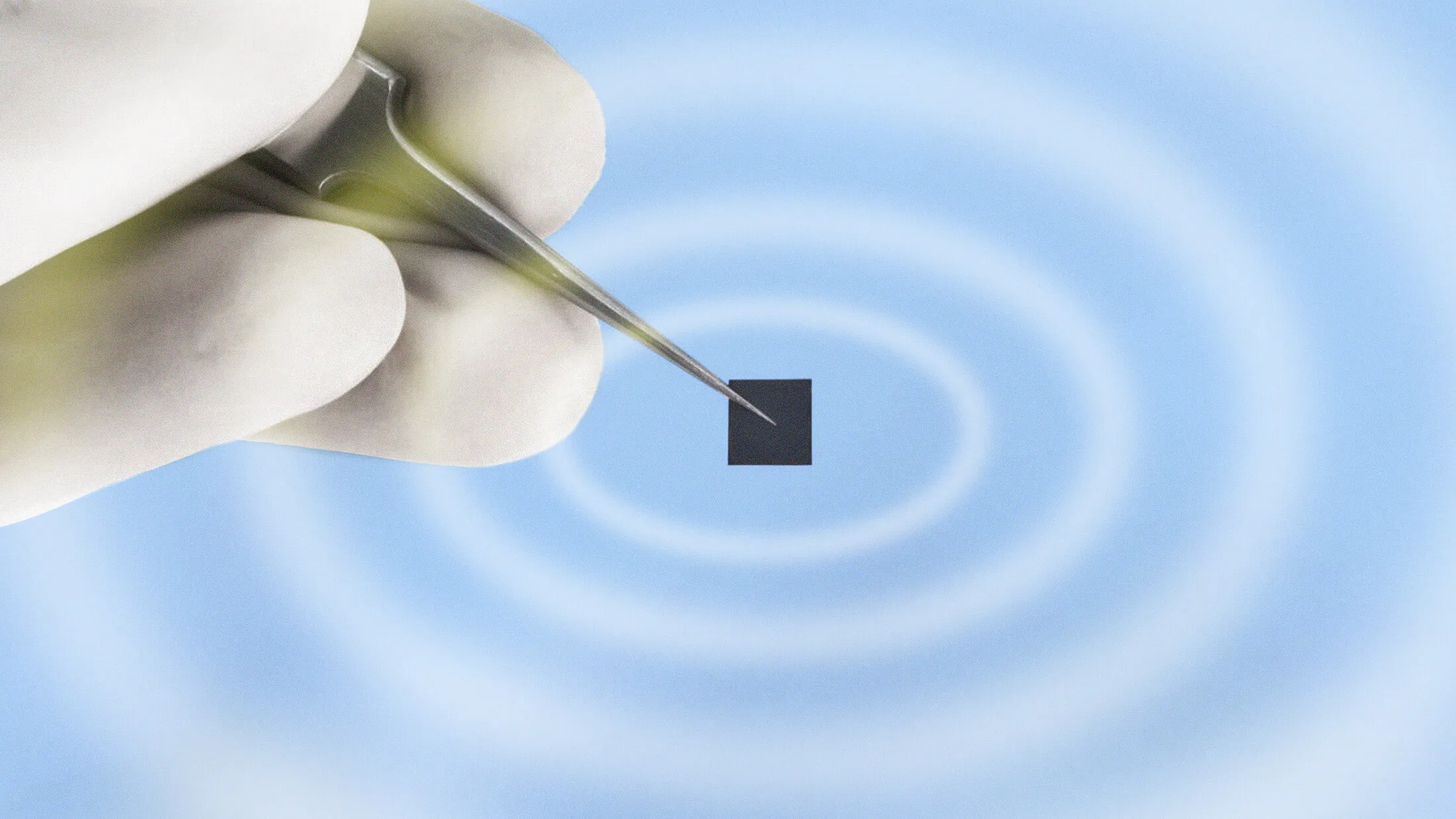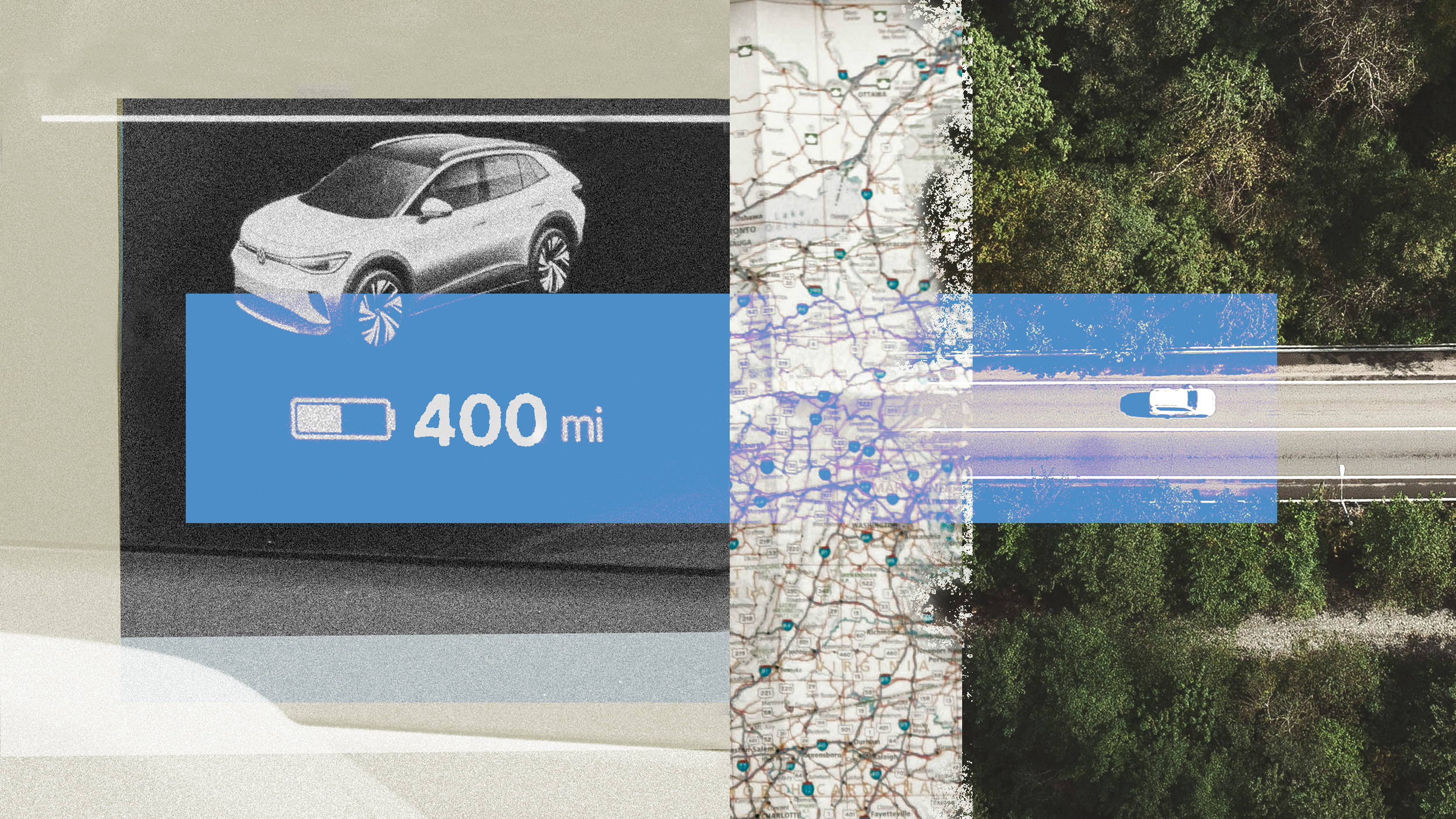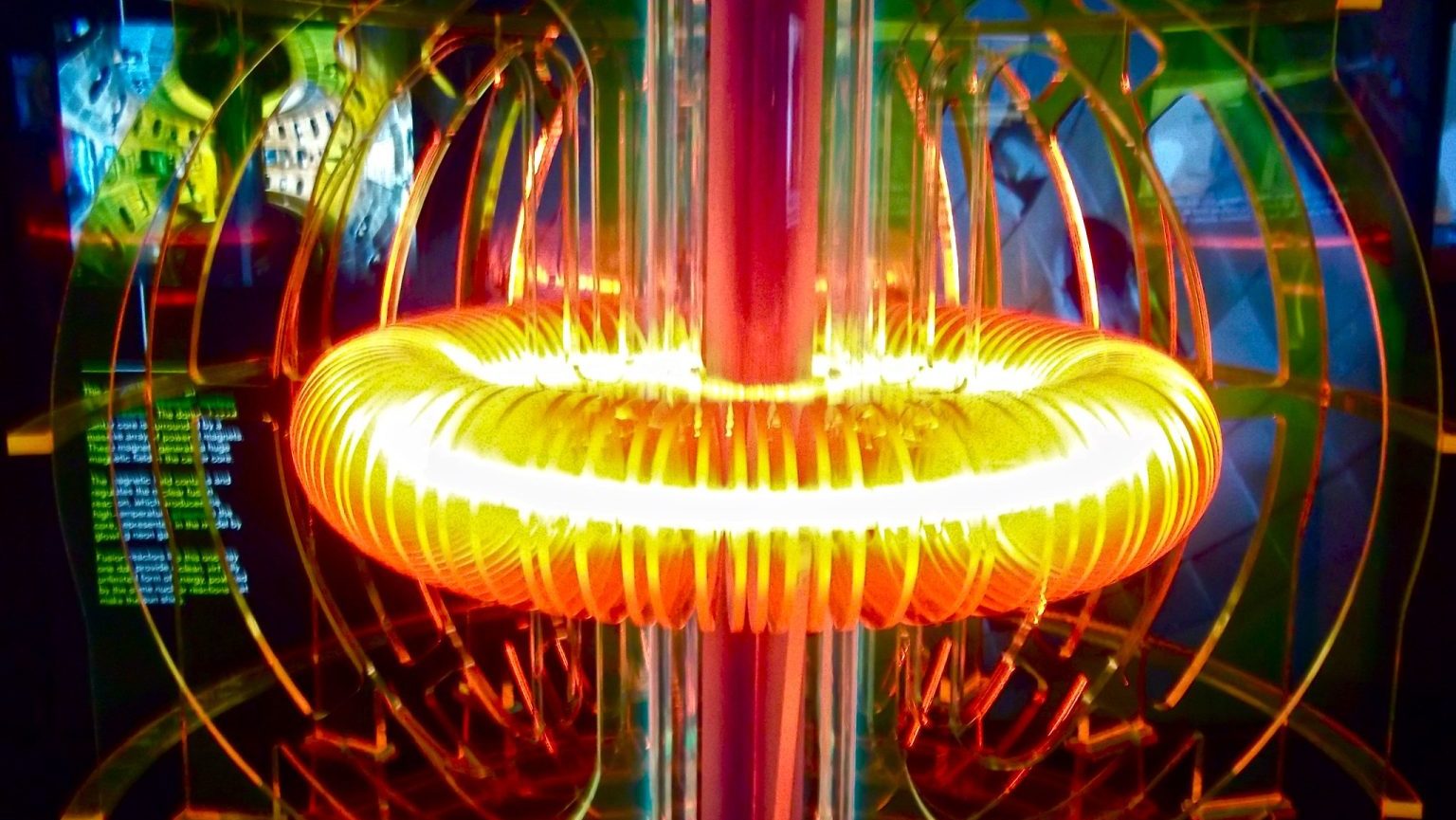Can Batteries Power The World?

Though good for the planet, easy to park, and increasingly affordable, electric cars, at least those that rely on no supplementary fuel, can have one fatal flaw: they boast all the horsepower of a push lawnmower.
Enter a professor from MIT with an understanding of electrodes.
The battery technology behind electric cars’ plodding pace inspired Professor Gerbrand Ceder to tinker with lithium ion technology. His research team made some adjustment to the original model, reprocessing the lithium ion material inside a basic battery to speed up electrode transfer. The result was a substantially reduced recharge time, down to mere seconds from several minutes. The impact of a 10-second charge time for digital devices like mobile phones could be enormous.
Robert Bryce, author of Gusher of Lies, had some thoughts on batteries when he visited Big Think. He explained that their use could eventually apply to electricity providers. In conventional power plants, technology can only respond to usage demands in real time, i.e., as homeowners turn on their air-conditioners, more power is generated. At surge periods when demand spikes, this can put immense strain on the grid and result in brown or blackouts. But, according to Bryce, “if you had a battery that could feed power back into the grid, you could level out that demand curve and that would allow huge energy savings.”




